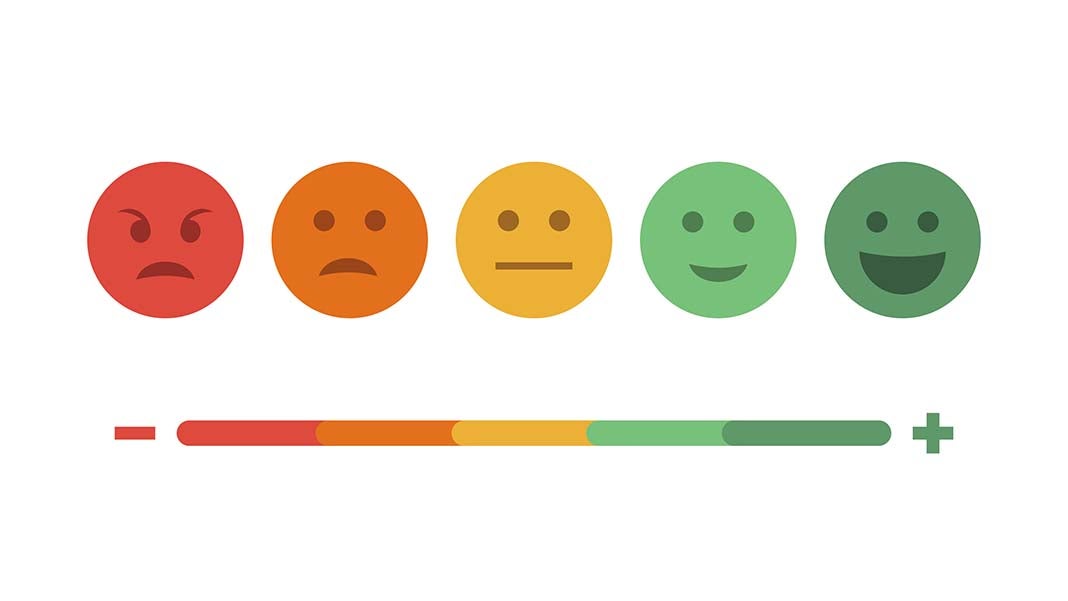
We know feedback is important to our own personal development. It’s how we learn and grow, it’s how we improve. All high performers (or aspiring high performers) are constantly looking for feedback.
Our people need feedback as well. But too often we get feedback wrong! Here are some major ways we miss the opportunity to help our people perform better.
- We don’t provide any feedback. We’re too busy, we’re not involved, or we simply don’t care. This is part of your job as a manager. If you aren’t providing feedback, then you aren’t doing your job.
- We make it about the person. We are focusing on behaviors, not judgments about the person. It’s not our place to make judgments about whether a person is “good” or “bad.” We are more effective focusing feedback on observable behaviors.
- We make it about inferences or interpretations, rather than what we have observed. When we sit behind a desk, analyzing CRM, we don’t know exactly what has happened, as a result we can’t provide the most useful feedback. We are far more effective when we can start our feedback with, “This is what I saw/heard…”
- We are judging or criticizing rather than describing. We impose our own views of what we think might be right or wrong, rather than describing what we have observed and engaging the person in discussions of how they might improve.
- We focus on good/bad or either/or rather than more/less. Focusing on good/bad or either/or discussions polarize the discussion and the ability of the person to learn. What we are really looking for in feedback is getting them to do more of one thing or less of another. This creates a continuum which allows them to constantly improve.
- We provide feedback that focuses on abstractions and not specific situations. For example, “I don’t think your sales calls are as effective as they could be,” isn’t very helpful. What is more useful is, “On this call I observed these things…..” (Of course, this means we have to move out from behind our desks and actually be working with our people.)
- We are not timely in our feedback. Feedback is most useful when it is closely related to when we observed a specific behavior. The more time passes between the specific situation and when we provide feedback, the less impact it will have. For example, which is better: “Last month when we made a call, I observed……” or “In that call we just made, I observed…..”
- We try to provide advice rather than sharing ideas. Advice is a little like criticism. By giving advice, we take away the person’s freedom to make decisions on their own. We are most effective when we focus them on thinking for themselves, learning how to make better choices based on evaluating different ideas.
- We provide answers or solutions rather than focus on an exploration of ideas. Answers are always situational and contextual. What we are really trying to do is help our people learn to come up with their own answers for each situation they encounter. We want them to look at different ways of dealing with things they encounter, making their own decisions and acting on them.
- We “pile on,” or dump. We may provide more than a person can use or is capable of handling at one time. As a result, they get confused, they shut down, they don’t learn. Focus your feedback on the one or two most critical issues they need to address.
- We make our feedback more about us and how we feel rather than the helping the person we are providing the feedback to. Sometimes we are angry and want to dump or vent. As great as that makes us feel, it does nothing to help the person learn and change their behaviors. Feedback is intended to help the person we are providing the feedback to. Find some other way to vent or release your anger (mine’s jumping on a bike or going for a run.)
- We provide feedback at the wrong time/place. Sometimes our feedback is best done privately, at a time or place where a person is most receptive to feedback. Too often, we provide negative feedback in a group, embarrassing them and losing the impact of the feedback we are providing. Sometimes, we provide feedback when a person isn’t ready—they are preoccupied or focused on other things. They aren’t going to learn or develop.
- We try to attribute motivations to why a person is saying something, rather than focusing on what it being said. Again, this is dealing with inferences we may be making, rather than what is actually happening. We can’t second guess why a person may have done a particular thing, we can only speak to what we have observed.
- We do not accept feedback on our own behaviors and actions. Feedback is a two way street, we need to be open to receiving feedback as well as giving it. If we are to grow ourselves, we need to actively seek feedback.
Feedback is all about helping our people (and ourselves) learn, grow, develop and perform. It’s one of the most important skills we can develop as leaders.
Afterword: This is adapted from lessons provided by a great friend, mentor, and colleague, Dr. George Lehner.












